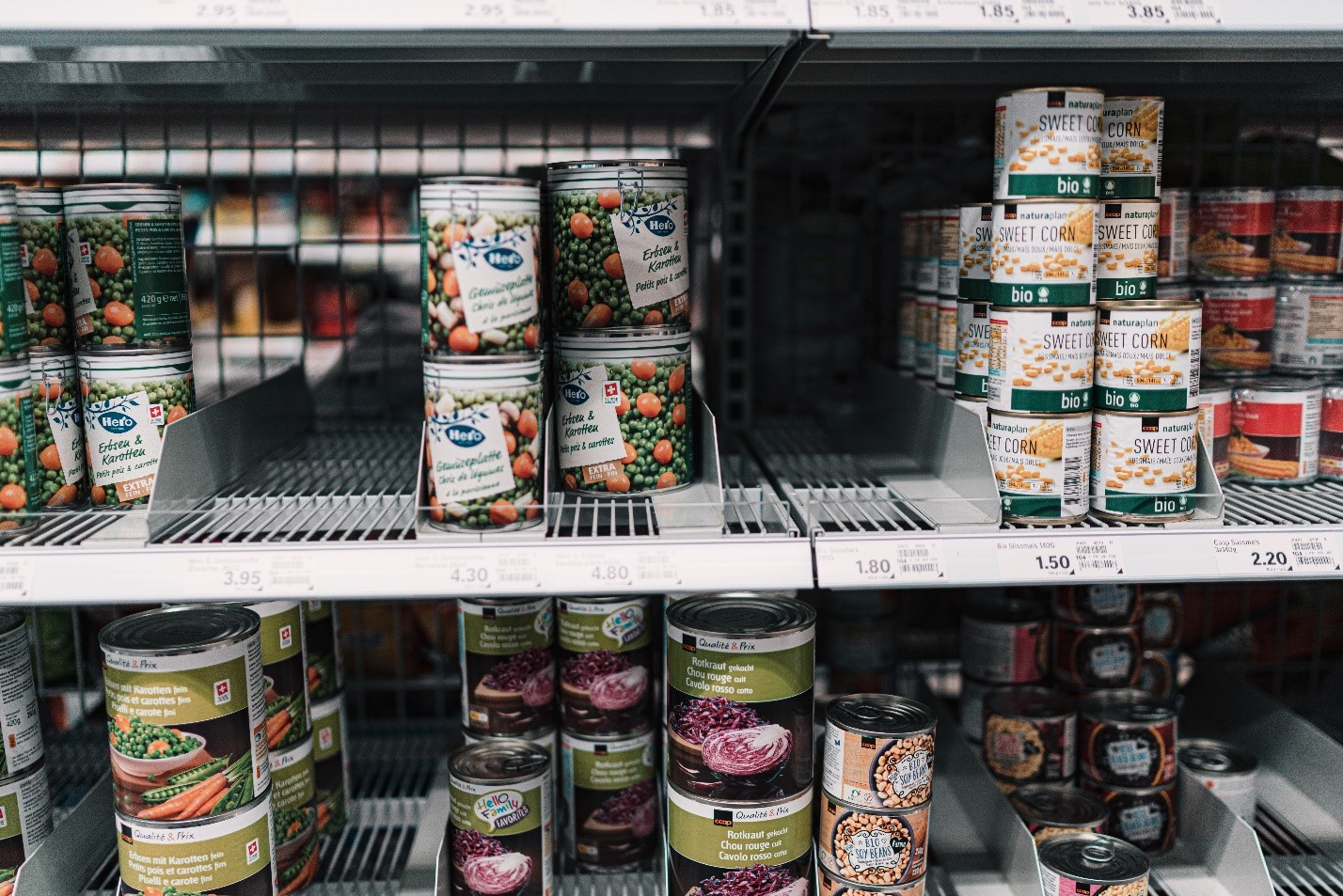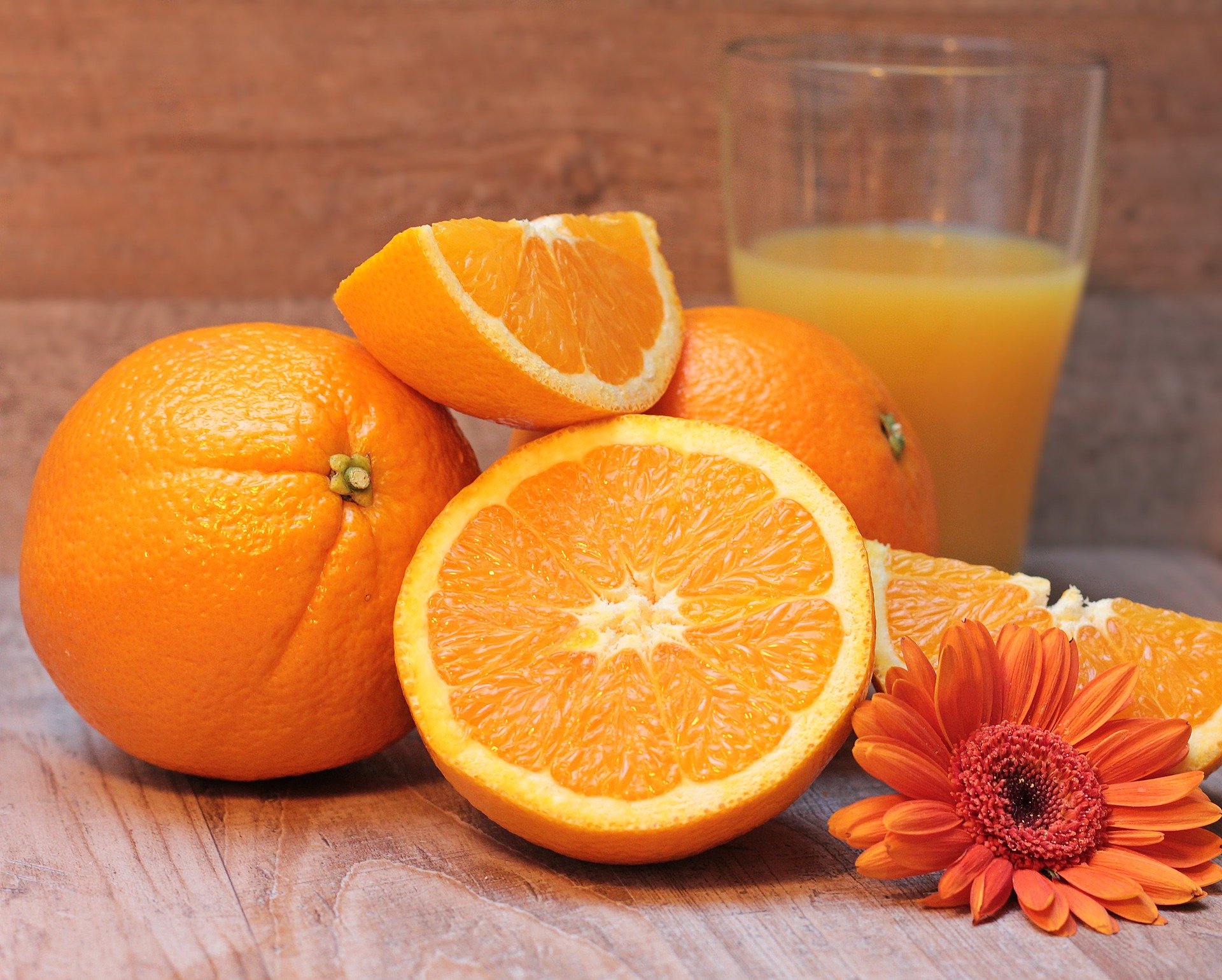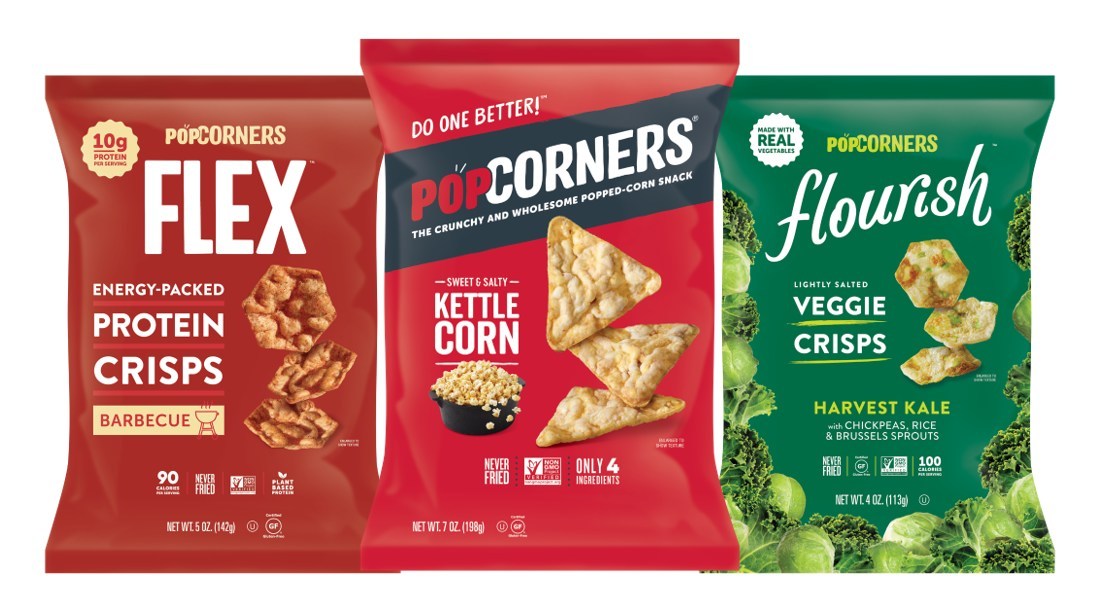Some of the world’s biggest food brands are using coronavirus disruption to bypass retailers during the pandemic. How? By selling directly to consumers. A notable example is PepsiCo, which launched its PantryShop site this month. The site began selling boxes of snacks and drinks, including Tropicana fruit juice, Cap’n Crunch cereal and Quaker granola bars, shipping to any zip code in the US.
A sister site, Snacks.com, allows online shoppers to pick from more than 100 Frito-Lay products, such as Doritos and Tostitos chips. In the UK, Kraft Heinz began delivering bundles of its canned food and sauces about six weeks ago.
Related: Nestlé Expands Use of Blockchain Technology to Its Coffee Brand
The prospect of cutting out the middleman might seem like a big prize for food manufacturers since the absence of a grocery stores should mean they can retain the profits themselves. But like most grocery delivery ventures, the sites are not expected to be profitable. Executives behind the sites say they have no intention of replacing retailers on a substantial scale any time soon.
Instead, they are using these new business models to learn first-hand what works in ecommerce, all while gathering valuable data about customers that are normally captured by retailers. It did not take the pandemic for big food companies to make the effort to go direct, both online and in stores. Kellogg, for example, once had a cereal café in New York’s Times Square, and Nestlé tried delivering premium KitKat chocolate bars to households in the UK.
For most big food companies, annual accounts are large and direct sales tend to get lost in the mix. There are several barries to going direct, including costly delivery fees. Since grocery delivery can pack several low value goods into the same basket, it is far more cost effective for retailers, even though most of them fail to turn a profit from it.
Demand for unhealthy, processed foods has risen in the pandemic, reversing a longstanding trend in which consumers favored fresher and healthier alternatives as oppose to old brands. But preferences are thrown out the window, as shoppers encounter bare shelves in supermarkets and struggle to secure online delivery slots.
Stockpiling in lockdown has boosted demand for bundles. PantryShop’s kits are cost between $30 and $50, depending on the size, and are based around themes such as breakfast, family gatherings and workouts. Heinz to Home offers similarly-themed kits.
With food companies taking the plunge into direct sales, they are part of a much bigger rush into ecommerce during the pandemic.










Join or login to leave a comment
JOIN LOGIN